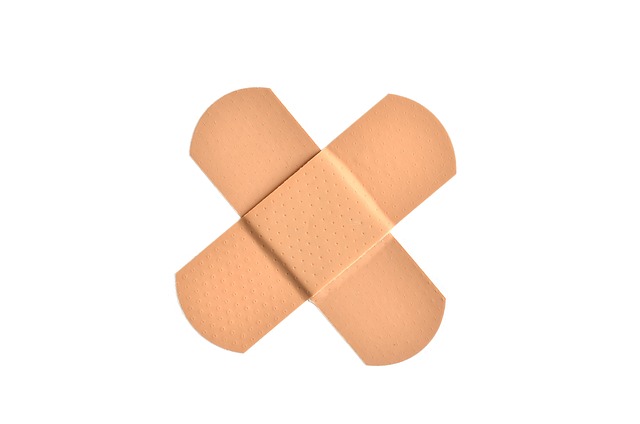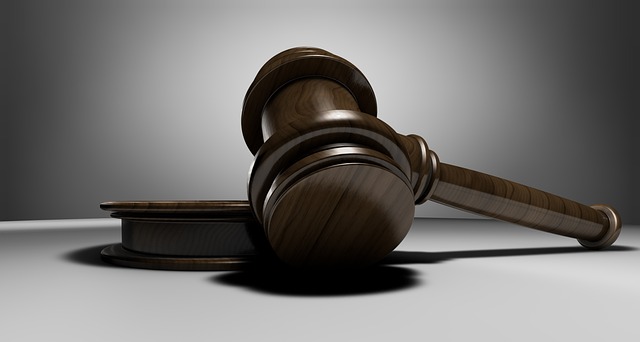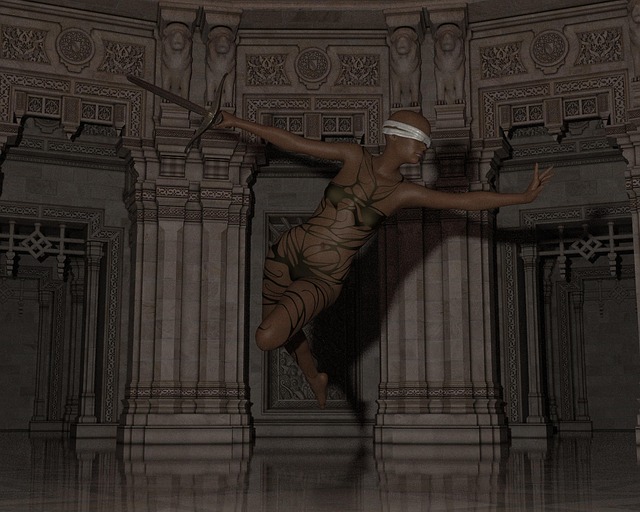Motorcycle accidents can cause severe head injuries, from concussions to traumatic brain injuries (TBI). Recognizing symptoms like bleeding, bruising, confusion, or slurred speech is crucial as they may not appear immediately. Prompt medical attention is vital to prevent complications and ensure appropriate treatment. The initial response should focus on victim safety, controlling bleeding, and keeping them calm if conscious but disoriented. Documenting the scene and injuries with photos can aid in legal processes for motorcycle accident head injury claims. Recoveries are lengthy and complex, often requiring extensive long-term care including physical, occupational, speech therapy, and psychological counseling. Understanding the comprehensive nature of long-term care is vital when pursuing medical negligence or personal injury claims related to motorcycle accident head injuries.
Motorcycle accidents pose unique risks, especially regarding head injuries. This comprehensive guide offers invaluable insights into managing such incidents, focusing on immediate response, long-term care, and recovery strategies. Understanding motorcycle accident head injuries is crucial for riders, bystanders, and emergency responders alike. Learn essential first response techniques to stabilize and transport victims effectively, ensuring the best possible outcome. Explore the complex path to recovery for severe cases, highlighting resources for continued support.
- Understanding Motorcycle Accident Head Injuries
- Immediate Actions After a Crash: The First Response
- Long-Term Care and Recovery for Severe Head Injuries
Understanding Motorcycle Accident Head Injuries

Motorcycle accidents often result in a range of injuries, with head injuries being particularly severe and common. Understanding the nature and impact of these injuries is crucial for immediate first response and long-term recovery. Head traumas in motorcycle crashes can vary from minor concussions to life-threatening conditions like traumatic brain injuries (TBI).
Recognizing the signs of a potential head injury is essential as symptoms may not immediately manifest. This includes physical indicators such as bleeding, bruising, or deformities, along with cognitive and sensory changes like confusion, dizziness, nausea, slurred speech, or altered sensitivity. Prompt medical attention for any suspected head injury is vital to prevent complications and ensure the rider receives appropriate treatment, managing both immediate pain and potential long-term effects, including car accident injuries related to head trauma. Effective first response can also help mitigate fiduciary duty breaches by ensuring proper care and potentially influencing the course of recovery and legal representation in subsequent cases.
Immediate Actions After a Crash: The First Response

In the immediate aftermath of a motorcycle accident, especially one involving head injury, every second counts. The first response should be a swift and controlled reaction to ensure the safety and well-being of the injured party. Check for any life-threatening conditions first—stop any bleeding with pressure, if possible, and assess breathing. If the rider is conscious but disoriented or shows signs of a potential head injury, keep them still and calm. Moving an injured person can sometimes exacerbate the situation, so it’s crucial to avoid further risk.
Call for emergency medical services immediately without delay. Provide clear and accurate information about the location, nature of injuries, and any other relevant details. If possible, take photos of the scene and the injuries—this documentation can be invaluable in subsequent legal processes related to motorcycle accident head injury claims, including potential cases of auto accident injuries or medical negligence, especially if there’s a breach of contract between the rider and healthcare providers.
Long-Term Care and Recovery for Severe Head Injuries

Recovering from a severe motorcycle accident head injury is a lengthy process that often requires significant long-term care. The impact of such injuries can be profound, affecting cognitive functions, physical abilities, and overall quality of life. In many cases, individuals experience debilitating symptoms like headaches, dizziness, and memory issues, which may persist for months or even years. This prolonged recovery period necessitates a dedicated support system and specialized medical care.
Long-term rehabilitation is crucial for managing the aftermath of a motorcycle accident head injury. It involves a multidisciplinary approach, including physical therapy, occupational therapy, speech therapy, and psychological counseling. These interventions help individuals regain lost functions, adapt to new limitations, and develop coping strategies. Moreover, ongoing monitoring by healthcare professionals is essential to address potential complications and ensure the best possible recovery. For those who face medical negligence or are considering personal injury claims due to such accidents, understanding the comprehensive nature of long-term care is vital when navigating the legal process with a car accident attorney.
In the event of a motorcycle accident, swift and appropriate action can significantly impact the outcome of a head injury. Understanding the immediate requirements, from recognizing severe symptoms to providing initial aid, is crucial. This guide offers a comprehensive framework for responding to such emergencies, ensuring that riders and bystanders alike are equipped with essential knowledge. By promptly addressing head injuries, we can navigate the path to recovery and advocate for better care in the aftermath of motorcycle accidents.





